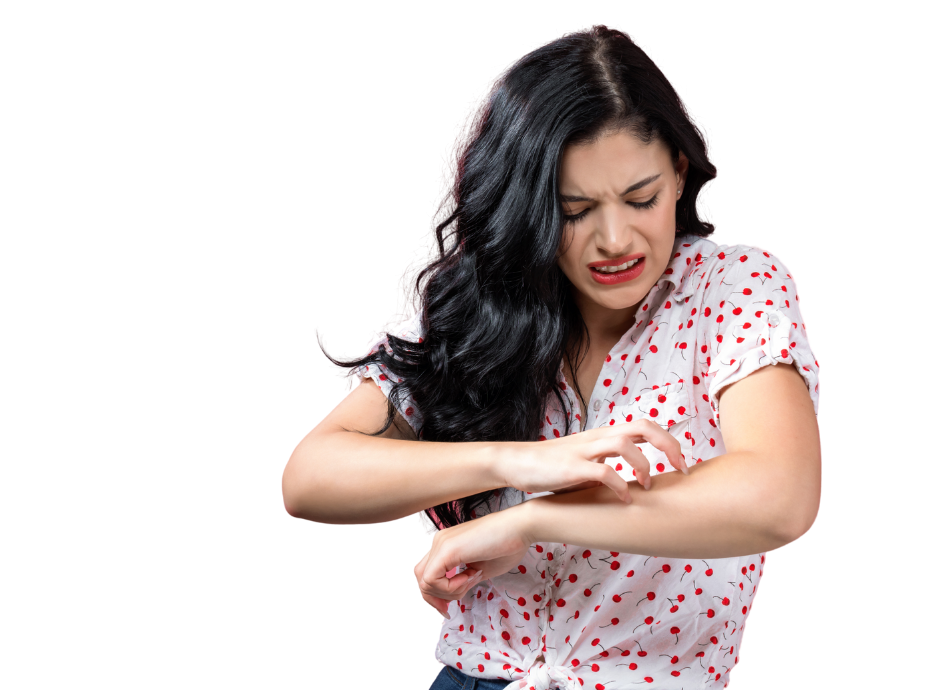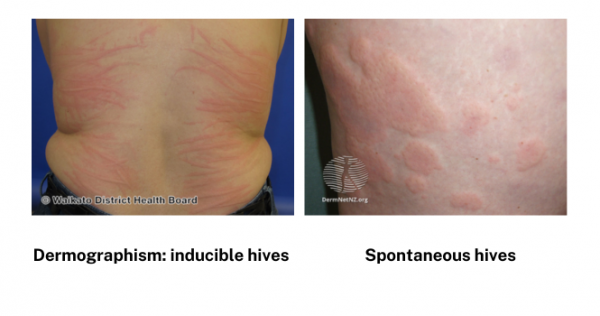Most people with chronic hives manage with appropriate doses of non-drowsy antihistamines (eg, cetirizine and loratadine). The doses for chronic hives are usually higher than the usually recommended doses. Although referred to as 'non-sedating', these medicines may still cause drowsiness, especially at higher doses, so take care when driving or operating machinery. If antihistamines work well you'll need to keep taking them for 2 to 3 months after your hives go away, or they'll come back.
If the cause is a specific trigger, avoiding those foods or substances will reduce the risk of your hives coming back again. Also avoid anything that can make hives worse (eg, tight clothing, excessive heat, spicy foods, NSAIDs, opioid medicines or alcohol).
Steroid or antihistamine creams aren't helpful and may cause skin changes or skin irritation.
If you have severe symptoms interfering with your quality of life, and antihistamines haven't worked well, you may be referred to a clinical immunology/allergy specialist or dermatologist. They will do an assessment and consider additional medicines.
Apps reviewed by Healthify
You may find it useful to look at some Skin care (dermatology) apps.







